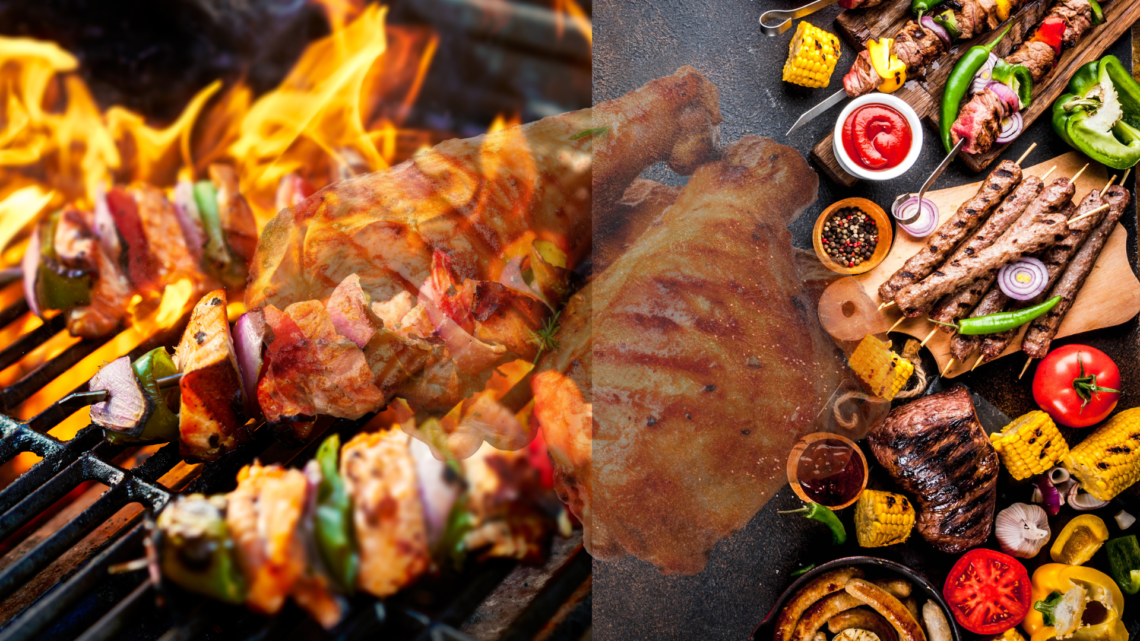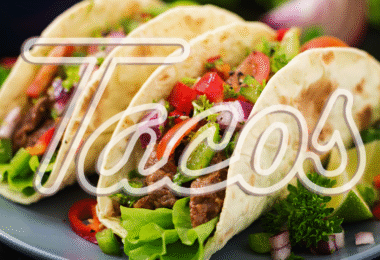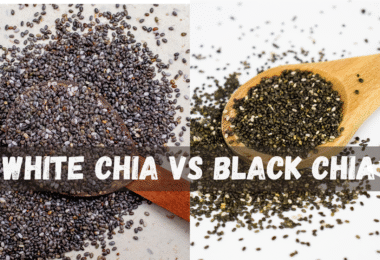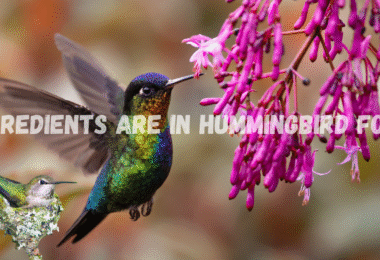Why Barbecue Means More Than Just Food in America
Barbecue in America’s is more than just a cooking technique — it’s a cultural institution that brings people together, fuels community spirit, and celebrates regional pride. In America, barbecue is not just a meal but an experience, one that involves friends, family, and even strangers gathering around the grill to share in a collective tradition.
Barbecue unites Americans from all walks of life, sparking joy through the flavors of slow-cooked meats, tangy sauces, and the smoky aroma that fills the air. From backyard cookouts to grand competitive BBQ festivals, this culinary tradition serves as a symbol of American identity, culture, and history.
But what makes barbecue such an enduring part of American life? Let’s take a deeper dive into its history and significance.
The Origins of Barbecue in America
Barbecue in America’s as we know it today has evolved over centuries, shaped by various cultures, climates, and culinary practices. The word itself, barbecue, derives from barbacoa, a term used by the indigenous Taíno people of the Caribbean to describe a wooden structure used to cook meat over an open fire.
When Spanish explorers arrived in the Americas in the 16th century, they adapted and adopted these cooking techniques, introducing them to the American South. These early practices were eventually refined and became part of the region’s culinary traditions. Over time, this style of cooking meat slowly over fire merged with various cultural influences, including African, Native American, and European elements, leading to the birth of modern American barbecue.
Cultural Influences that Shaped American Barbecue

- Native American Techniques: Native American tribes were among the first to cook meat over open fires, using pit cooking methods. They often used local herbs and woods to enhance the flavors of the meat.
- African Influence: Enslaved Africans brought with them knowledge of smoking meats, spice blends, and seasoning techniques that heavily influenced Southern barbecue styles. The tradition of low-and-slow cooking is a direct descendant of African culinary practices.
- European Contributions: European settlers introduced livestock such as pigs and cows, which became central to American barbecue traditions. They also brought new sauces and seasoning techniques that would later be incorporated into regional barbecue styles.
Fun Fact:
The word barbecue comes from barbacoa, which referred to a wooden framework used by the Taíno people for cooking meat over a fire. This simple structure gave rise to the rich culinary tradition we celebrate today.
Barbecue is, in essence, a fusion of cultural influences, a reflection of America’s diverse heritage. Over the years, it evolved into a unique art form, influenced by geography, history, and social customs.
Regional Barbecue Styles That Define American’s Barbecue
What makes Barbecue in America’s particularly special is its remarkable diversity. Each region in the country has its own signature style, flavors, and cooking techniques that reflect its local culture, history, and available ingredients. From the brisket-heavy barbecue of Texas to the vinegary pulled pork of the Carolinas, each region is fiercely proud of its own BBQ tradition.
Southern Barbecue Styles: The Heart of American Barbecue
Texas BBQ – Bold, Beefy, and Legendary
Texas Barbecue in America’s is internationally renowned, particularly for its slow-smoked beef brisket. The Lone Star State is known for favoring beef over pork, largely due to its cattle ranching heritage.
Key Characteristics of Texas BBQ:
- Spices: Simple dry rubs with ingredients like black pepper, salt, and chili powder.
- Cooking Method: Beef brisket, the crown jewel of Texas BBQ, is slow-cooked for several hours over oak or mesquite wood, resulting in tender, flavorful meat.
- Signature Flavor: A smoky flavor imparted by the wood, combined with a dry rub that enhances the natural taste of the meat.
Carolina BBQ – The Pork Lover’s Paradise
Carolina Barbecue in America’s, particularly famous for its pulled pork, is a staple in both North and South Carolina. The focus here is on slow-cooked pork, usually whole hogs or shoulders, which are either pulled or chopped.
Distinct Features of Carolina BBQ:
- Eastern North Carolina: Known for its tangy, vinegar-based sauce that enhances the flavor of the pork without overpowering it.
- South Carolina: Famous for its mustard-based sauce, often referred to as “Carolina Gold,” which gives the pork a unique, zesty twist.
Memphis BBQ – Ribs, Ribs, and More Ribs
Memphis BBQ in America’s is synonymous with pork ribs. This region is famous for offering ribs in both “wet” (with sauce) and “dry” (rubbed with spices) styles.
Signature Features of Memphis BBQ:
- Ribs: Slow-smoked pork ribs, sometimes served with sweet, tomato-based sauces or rubbed with spices for a dry flavor.
- Wood: Hickory is the preferred wood for smoking in Memphis, imparting a rich, deep flavor.
- Other Meats: While ribs take center stage, pulled pork and rib tips are also popular.
Kansas City BBQ – A Smorgasbord of Meats and Sauces
Kansas City Barbecue in America’s stands out for its wide variety of meats and its signature thick, sweet sauces. Whether it’s beef, pork, chicken, or even fish, Kansas City’s barbecue is all about diversity and flavor.
What Makes Kansas City Barbecue Unique:
- Sauces: Thick, sweet tomato-based sauces with a molasses or brown sugar base.
- Wood: Kansas City BBQ is traditionally smoked using hickory wood, which gives the meats a rich, smoky taste.
- Variety: Unlike other regions that specialize in one type of meat, Kansas City offers an array of meats, from brisket to ribs to chicken.
Other Unique Regional BBQ Styles Across American’s Food
- Alabama White Sauce BBQ: This unique style features smoked chicken served with a tangy, mayonnaise-based white sauce that’s unlike anything else found in the BBQ world.
- Kentucky Mutton BBQ: Kentucky is known for its slow-cooked mutton, typically seasoned with peppery, vinegar-based sauces.
- Hawaiian Kalua Pig: This style involves roasting a whole pig in an underground oven, known as an imu, for a truly unique, tender experience.
Barbecue: A Symbol of American Community
Barbecue in America’s isn’t just about cooking meat — it’s about bringing people together. It’s an experience that spans generations, brings families closer, and unites communities in ways few other activities can.
BBQ and Social Gatherings
Across the United States, barbecue plays a central role in various social events:
- Backyard Cookouts: The quintessential American summer experience.
- Family Reunions: Where generations gather to share food, stories, and memories.
- Fourth of July Celebrations: BBQ is often the centerpiece of Independence Day celebrations, symbolizing freedom and community.
- Charity Events and Block Parties: BBQs are common at charity fundraisers, community block parties, and sporting tailgates, creating a sense of belonging and solidarity.
These gatherings, centered around food, foster connections, create traditions, and bring people closer.
The Thrill of BBQ Competitions & Festivals
Barbecue competitions have grown into large-scale events that attract thousands of people and turn local pitmasters into culinary celebrities. These competitions are a way to showcase the art of Barbecue in America’s while bringing communities together.
Notable BBQ Competitions:
- Memphis in May: One of the largest BBQ competitions in the world, attracting top pitmasters from all over the globe.
- American Royal BBQ: Known as the “World Series of Barbecue,” this Kansas City-based competition celebrates the best in BBQ.
- Big Pig Jig (Georgia): A fun, family-friendly BBQ festival that highlights Southern-style cooking.
These events not only elevate the status of BBQ as an art form but also provide economic benefits to local communities by attracting tourists and promoting local culture.
BBQ and American Identity

Barbecue has become synonymous with American identity, representing core values like hospitality, tradition, and craftsmanship. Barbecue in America’s is not just a way to cook meat; it is a cultural practice passed down through generations, embodying the spirit of America.
Why BBQ Holds Such Importance in American Culture:
- Hospitality: BBQ brings people together in a warm, welcoming environment.
- Regional Pride: Each region fiercely defends its BBQ tradition, making it a source of local pride.
- Craftsmanship: The art of BBQ requires patience, skill, and years of practice, which is why pitmasters are revered.
- Tradition: BBQ recipes and techniques are handed down from generation to generation, keeping family history alive.
Barbecue has been celebrated on television shows like BBQ Pitmasters, and legendary pitmasters such as Aaron Franklin have become household names, further solidifying BBQ’s place in American culture.
Why Barbecue Will Always Be America’s Favorite Tradition
At its core, barbecue represents the best of what Barbecue in America’s has to offer: flavor, family, community, and tradition. Its rich history, regional variations, and ability to bring people together have made it an enduring symbol of American culture.
Whether you prefer Texas brisket, Carolina pulled pork, or Kansas City ribs, there’s no doubt that barbecue will continue to be a beloved American tradition for years to come
In conclusion, American barbecue is much more than a way of cooking; it’s a celebration of history, culture, and community. From its diverse regional styles to the traditions passed down through generations, barbecue brings people together in a way few other foods can. Whether it’s a backyard cookout or a Barbecue in America’s competition, this cherished tradition continues to unite families, friends, and neighbors across the nation. What’s your favorite BBQ style? Share your thoughts and keep the tradition alive!
Barbecue in America’s is more than a meal — it’s an experience that spans history, culture, and family. It’s a true American tradition that will never go out of style.








Leave a Comment